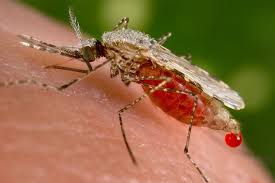In a groundbreaking move that could reshape the global fight against mosquito-borne diseases, scientists in the Brazilian city of Campinas have built the world’s largest mosquito factory — a facility capable of producing 190 million mosquitoes every week.
The specially bred mosquitoes are infected with a natural bacterium called Wolbachia, which prevents them from transmitting dangerous viruses such as dengue, zika, and chikungunya.
When these Wolbachia-carrying mosquitoes are released into the environment, they breed with wild populations. Over time, the Wolbachia bacteria spread through local mosquito communities, effectively making the insects incapable of spreading disease.
Scientists call this a “replacement strategy” — not aimed at wiping out mosquitoes entirely, but at creating a new, disease-resistant population. The project, developed by the biotech company Oxitec, is now awaiting final regulatory approval to begin operations before Brazil’s next mosquito season.
Why This Matters for Africa
For countries like Nigeria, Ghana, and much of tropical Africa, where mosquito-borne diseases continue to claim hundreds of thousands of lives each year, this breakthrough offers new hope.
Although the Brazilian project targets dengue, zika, and chikungunya — not malaria — the same approach could, in the future, be adapted to African mosquitoes that transmit malaria. With Africa accounting for over 90% of global malaria deaths, innovations like this could complement existing control strategies such as insecticide-treated nets and vaccination.





